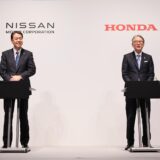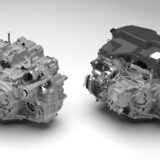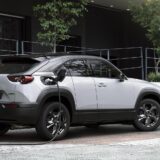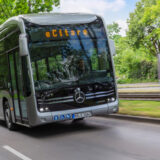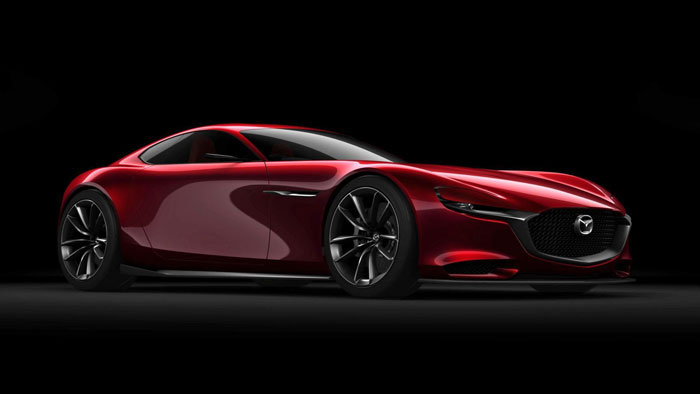
Mazda announces electrification and connectivity strategies
Japanese automaker Mazda Motor Corp. announced yesterday electrification and connectivity strategies that includes deploying some form of electrification in all production vehicles by 2030 in order to achieve a 90% reduction versus 2010 levels in its corporate average “well-to-wheel” carbon dioxide emissions by 2050.
“By 2030, Mazda expects that internal combustion engines combined with some form of electrification will account for 95% of the vehicles it produces and battery electric vehicles will account for 5%,” the company said in a statement.
Mazda will strive to reduce carbon dioxide emissions and enhance the joy of driving by deploying compact, lightweight electrification technologies while further refining the internal combustion engine, which is forecast to be equipped in the majority of new cars for many years to come, the company said. The company will introduce electric vehicles as the optimal solution in regions that generate a high ratio of electricity from clean energy sources or restrict certain vehicle types to reduce air pollution.
Mazda will develop two battery electric vehicles, one powered solely by battery and another that pairs a battery with a newly developed range extender powered by Mazda’s small, lightweight and exceptionally quiet rotary engine. The range extender will recharge the battery when necessary to effectively increase the vehicle’s driving range.
The concept behind the rotary-powered range extender was to leverage the rotary engine’s small size and high power output to make multiple electrification technology solutions possible via a shared packaging layout.
Taking advantage of the rotary engine’s compatibility with gaseous fuels, the rotary-powered range extender is designed to also burn liquefied petroleum gas and provide a source of electricity in case of emergencies.
Mazda also said it will leverage its alliance with Toyota Motor Corp. in the development of connectivity technologies.
“They say that the automotive industry is undergoing a once-in-a-century transformation. At Mazda, we see this as an opportunity to create a new car culture,” said Akira Marumoto, Mazda’s representative director, president and CEO. “New trends and technologies in connectivity, autonomy, sharing, and electrification offer new possibilities for creating ever more attractive cars. Using new technologies based on our unique human-centered development philosophy, Mazda will, in the spirit of ‘Never Stop Challenging,’ continue to pursue the joy of driving and work to create an emotional connection with customers that rivals the strongest brands in the world.”







